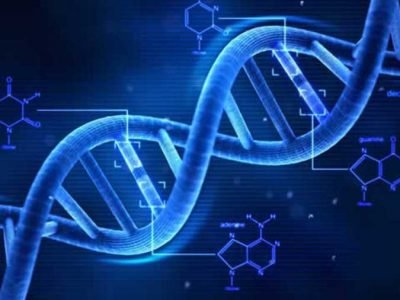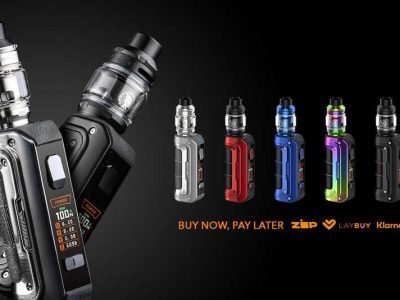Desktop computers aren’t as popular as they once were, thanks to the availability of so many sophisticated mobile computing devices. Still, if you genuinely want the most bang for your buck, a desktop computer is the way to go, and you can’t go wrong with a Dell desktop PC.
Dell has grown from its humble beginnings in the mid-1980s to become one of the world’s most recognisable computer brands. And, even though Dell’s operations have changed dramatically over the last decade, desktop computers remain critical to the company’s success.
Dell PCs are offered in a variety of configurations for home, business, and gaming. If you haven’t bought a desktop computer in a while, you’ll be blown away by the speed and value that a Dell PC offers. So, if you’re looking for a new Dell desktop, this buying guide can help you figure out which components you’ll need.
Important Considerations
Understanding the computer’s major components and determining which ones provide the power and speed you want is a significant step in finding the perfect desktop computer for your needs. So the major components you must look into are:
CPU
In a desktop computer, the central processing unit (CPU) is the primary processing chip. The two major CPU manufacturers are Intel and AMD, and Intel processors are used in the majority of Dell PCs. Moreover, the number of cores in a computer’s processor influences its multitasking capability.
RAM
The temporary storage space where computers store the data they process during operations is known as random access memory (RAM). Instead of continually retrieving data from a hard drive, the computer may function quicker by storing software instructions and data in RAM.
Storage
The permanent storage option on Dell computers is either a hard disc drive (HDD) or a solid-state drive (SSD). Also, some Dell desktops combine the two technologies to get the most out of each.
A hard disc drive (HDD) is a conventional storage component for desktop computers storing data on spinning platters. Solid-state drives (SSDs), on the other hand, are a newer storage technology that provides fast data retrieval. And since an SSD doesn’t have any moving parts, it’s less likely to break than a hard disc drive.
Features of Dell Desktops
Other characteristics to consider while buying a Dell desktop are listed below. These components may be significant for you, depending on how you use your computer.
GPU
The motherboard’s integrated graphics processing unit (GPU) is a chip. Although an integrated GPU isn’t as powerful as a graphics card, you’ll probably save money by using one if you’re not a gamer.
Graphics Card
The graphics card is an external device that connects to the motherboard. It’s more flexible than the integrated GPU, and it has the processing capability that gamers require.
Form Factor
The size and shape of a Dell computer casing are called the form factor. It’s customary to use a full-size tower case, as it’s a big, rectangular box with lots of capacity for future components and modifications. Dell also sells slim, micro, and small tower computers, and they are a fraction of the size of a full-size tower case.
Ports
Dell desktops come with various ports, including USB, HDMI, and Ethernet, allowing you to connect multiple devices. Gamers require numerous ports to plug in game controllers and other accessories. On the other hand, non-gamers will be able to get by with fewer ports.
In short, a Dell desktop PC provides consumers with exceptional performance and an outstanding PC experience. It is equipped with excellent CPUs, allowing users to get the most out of their PCs. So, if you’re about to buy a PC, you know what’s best for you.












